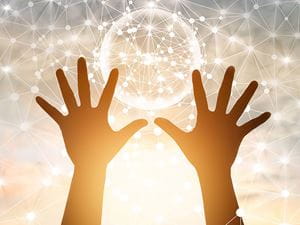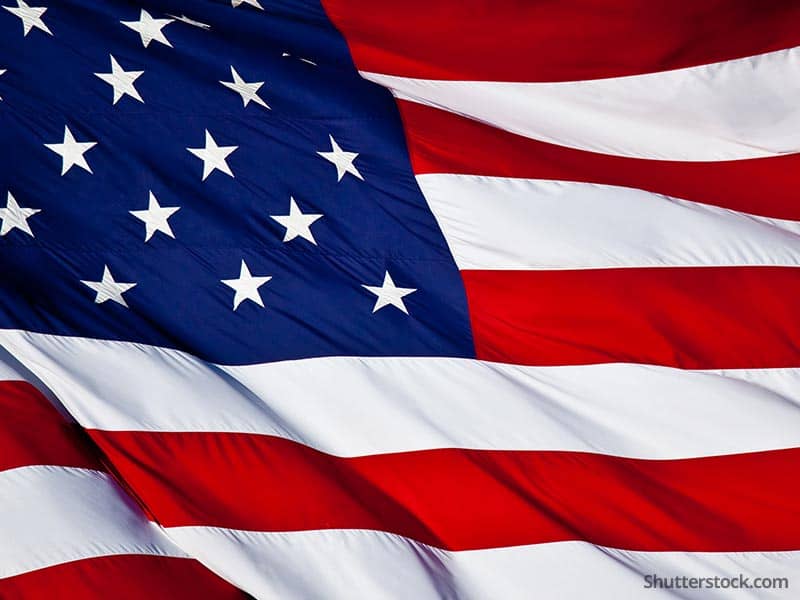
Throughout the years, there have been many who have asked, “can science replace religion?” Many wonder if is still respected as it has diminished in many aspects of modern life. Sadly, this isn’t just among intellectuals and atheists but also the larger public. We also see that the next generation of younger people will likely be the most religiously unaffiliated demographic in recent history. Some of the reasons for this include revelations of abuse within the church, Christian hostility toward secular and diverse culture and Christians getting bad press overall. Even amid religious problems, we still need religion. There will always be a place for it. Religion gives us something that science can’t.
You may be surprised to learn that religion has been inspiring scientists for centuries. Tom McLeish, a professor of Physics and former Pro-Vice-Chancellor for Research at Durham University, shares that the history of scientific thought is strongly linked to religious thought with more continuity than discontinuity.
“When Aristotle was reintroduced to Europe in the 12th century, his scientific work had a great influence on medieval scholars, who were invariably thinkers within a church, synagogue or mosque. A key example is the 13th-century Oxford theologian and later Bishop of Lincoln, Robert Grosseteste, who was also a pioneering early scientist. He presented a vision for how we might obtain new knowledge of the universe, the dawning of the first notions of experiment, and even a 'big bang' theory of the cosmos and a concept of multiple universes,” McLeish explains.
“Yet underneath Grosseteste’s work lies a much deeper and developing philosophy of nature. In a commentary on Aristotle’s Posterior Analytics, he describes a uniquely human propensity he calls (in Latin) ‘sollertia.’ By this, he means a sort of intense and perceptive ability to look beyond the surface of the material world into its inner structure. This is remarkably similar to our approach to science today,” he continues. He explains that forcing people to separate religion and science leads to problematic and damaging denials of science. The two must be integrated.
So how did we get here? We have seen many instances of science-religion conflict throughout history. Some of these include Darwin, who has not only significant supporters but also scientific detractors. There was also the Galileo affair, which began around 1610 and culminated with the trial and condemnation of Galileo Galilei in 1633 by the Roman Catholic Inquisition. This turned into not only a collision between science and religion but also politics and personalities. Many of these instances of science-religion conflict were later exposed as pure inventions. When looking at history, there have been more mutual support between religion and science. Natural theology helped popularize science during the 18th and 19th centuries.
Many scientists believe in God and are also people of faith. A survey by the Pew Research Center found that over half of scientists do believe in a higher power or deity. These scientists include Albert Einstein, who is one of the most highly recognizable faces in the scientist world. Einstein was quoted saying, “Everyone who is seriously involved in the pursuit of science becomes convinced that a spirit is manifest in the laws of the Universe-a spirit vastly superior to that of man, and one in the face of which we with our modest powers must feel humble.” Einstein was also quoted saying, “Science without religion is lame; religion without science is blind.”
There is also Francis S. Collins, who led the Human Genome Project. This was the world’s largest collaborative biological project. Collins is not only a scientist but also a believer. He doesn’t see the conflict between religion and science. He was an atheist and didn’t always embrace these views. When he was in medical school, he was confronted with the question “what do you believe, doctor?” when he was working at the bedside of patients facing death. He began to search for those answers and, in that process, found Jesus Christ. Collins once said, “As the director of the Human Genome Project, I have led a consortium of scientists to read out the 3.1 billion letters of the human genome, our own DNA instruction book. As a believer, I see DNA, the information molecule of all living things, as God’s language, and the elegance and complexity of our own bodies and the rest of nature as a reflection of God’s plan.”
We can even go as far back as Sir Isaac Newton, recognized as the genius of optics, mechanics, and mathematics. He was devoutly religious and worked in biblical numerology. He found connections between numbers and an understanding of God’s plan directly from scripture. Newton is quoted saying, “What we know is a drop, what we do not know is a vast ocean.” He continues, “The admirable arrangement and harmony of the universe could only have come from the plan of an omniscient and omnipotent Being.” Some of the most renowned scientists believed in a higher power and were religious. They didn’t see a problem between believing in God. While many people believe all scientists are atheists, it’s simply a misconception. If scientists can be religious, it speaks volumes about the power of religion and faith.
Throughout the years, many scientists have believed that modern science would ultimately drive secularization, but this hasn’t been the case. People continue to push the science-religion conflict, but religion isn’t going away. Whether it’s based on politics or simply out of fear, the concept that religion and science can’t intersect is problematic for many reasons. Ultimately, religion isn’t the enemy of science and vice versa. Our world needs the two. Science and religion always appear to conflict, but there are far more important things we should focus on when it comes to the relationship between the two. Maybe it’s time for us to rethink how we view the relationship between religion and science.

